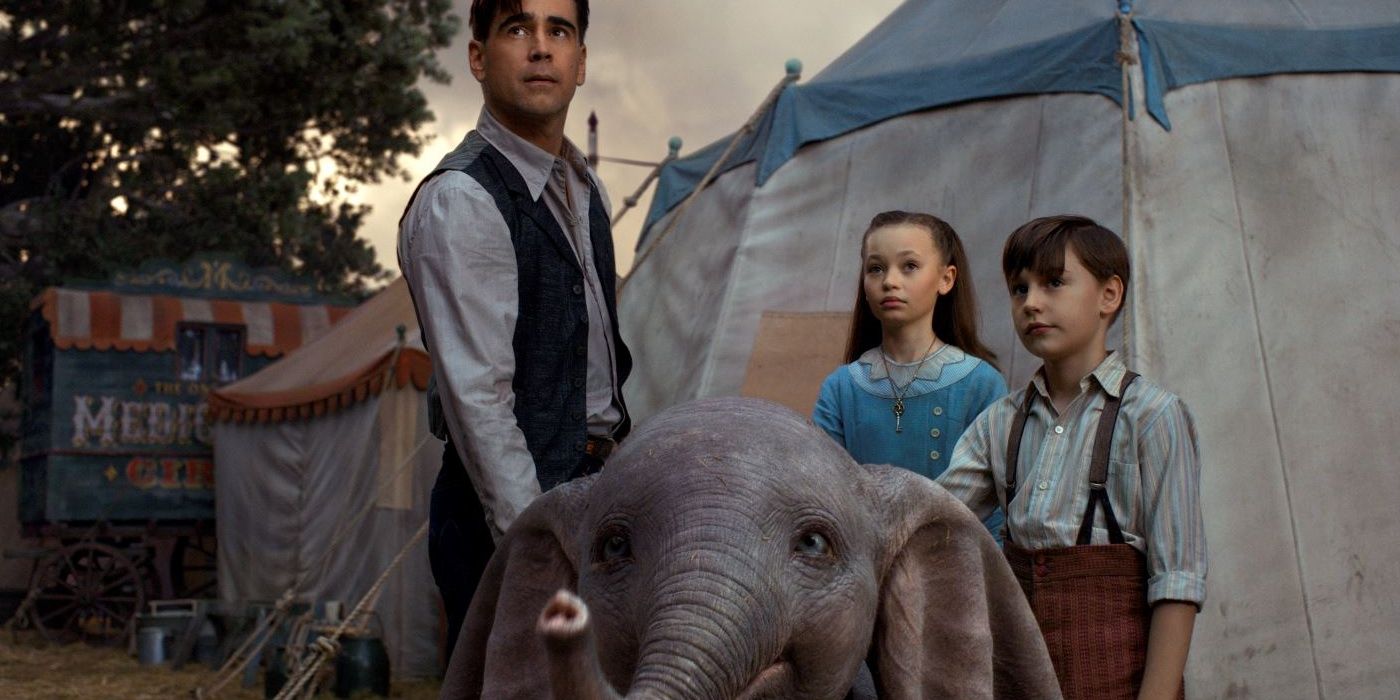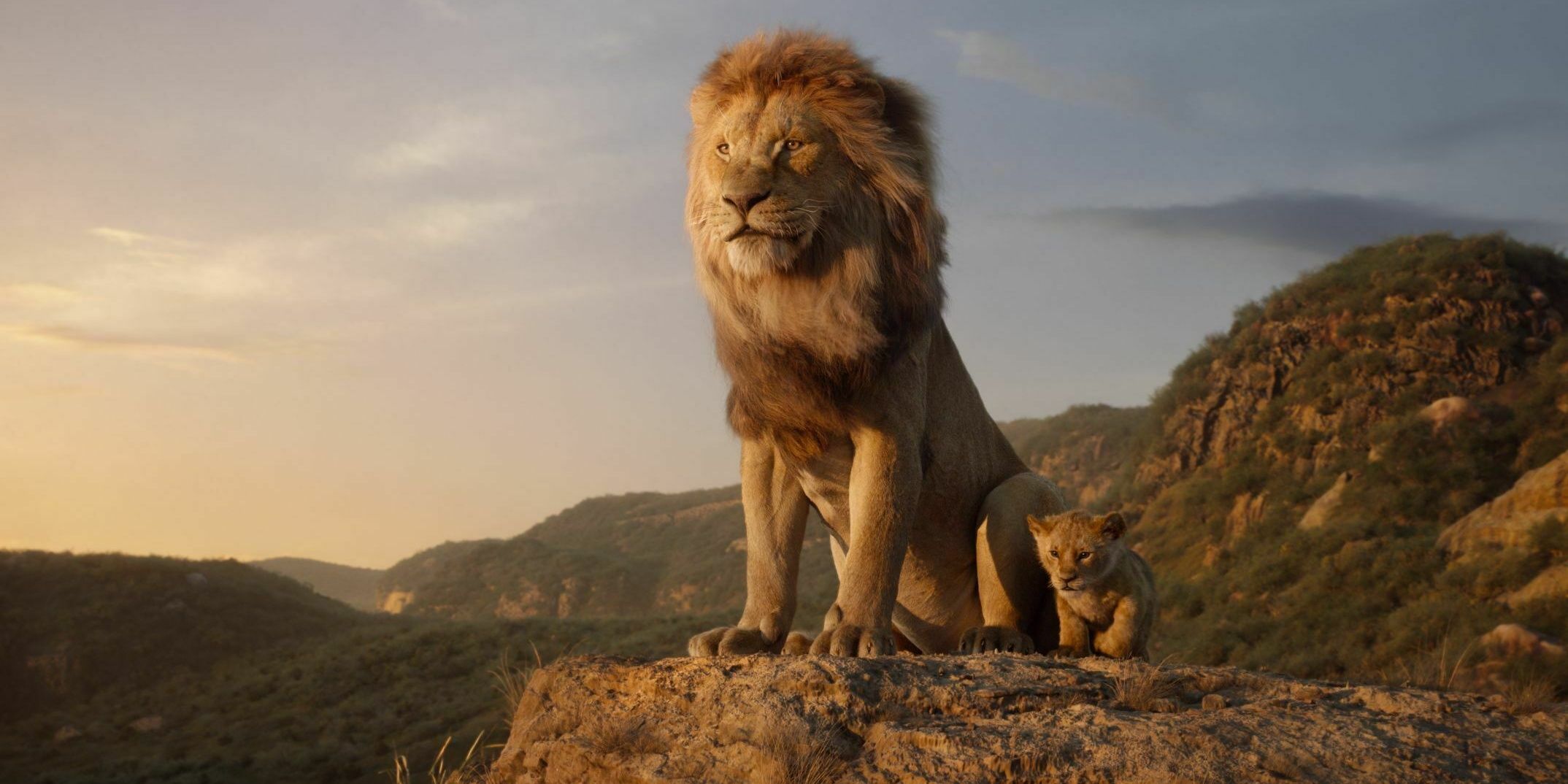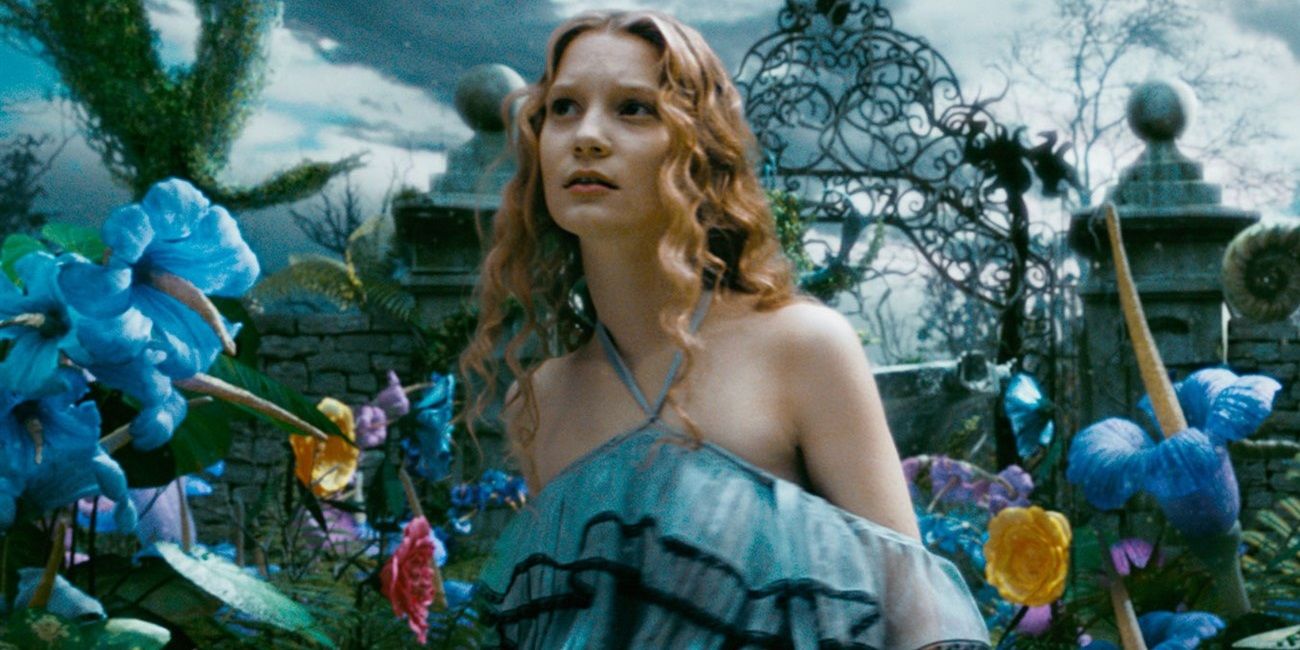Disney is the biggest company in entertainment without question, and even though every move they make seems to make someone angry, they're only becoming more powerful. One of the most polarizing moves they routinely make is adapting their own classic animated childhood staples into modern live-action blockbusters, but they aren't stopping.
Currently, Disney has produced eighteen remakes of their own work, and a ton more with questionable release dates are on the horizon. Rather than come up with new stories, the notoriously risk-averse company has made a killing by updating stories with new visual effects. While some are excited to see their childhood nostalgia passed on to the next generation with even more money behind it, many consider these remakes to be soulless cash-grabs profiting from marketable IP.
Though it isn't a live-action film, the most financially successful Disney remake of their own content is John Favreau's 2019 take on The Lion King. Achieved with photorealistic CGI, this heavily marketed blockbuster was among the most expensive films of all time. It was rewarded for that expenditure with $1.6 billion, making it the seventh highest-grossing film ever made. The overwhelming majority of its financial take comes from name recognition, tech demo advertising, and massive celebrity stunt casting. The Rotten Tomatoes score is divided, with a 52% fresh rating from critics and an 88% from audiences. However, a closer look at that audience score reveals that the overwhelming majority of praise revolves around nostalgia for the original film. The negative reviews are much more telling. Many consider this 2019 remake as a grim sign of decline for Disney, or even for the film industry in general. This division between profit and reception seems to exist in most of Disney's remake efforts.
Some of Disney's live-action remakes are bonafide flops. Both Mulan and Cruella suffered the wrath of the ongoing pandemic, which savagely undercut whatever potential they had to succeed regardless of their merits. Prior to that, however, several other examples of this distasteful technique didn't result in box-office success. Tim Burton's 2010 Alice in Wonderland arguably started this trend with an immense financial return, but his 2019 take on Dumbo fell well below expectations. This model seems to have an issue with sequels as well. Alice Through the Looking Glass wasn't able to make its estimated total budget back and Maleficent: Mistress of Evil barely broke even. This strategy doesn't always work, but its successful entries are so substantial that it barely matters. There hasn't been a truly horrific box-office disaster that can't be blamed on outside forces yet, so there's no reason to believe this technique is going away.
Live-action Disney remakes are perfectly tuned to appeal to the emotional responses of its audiences. Nostalgia has swiftly become the most powerful force in Hollywood, leaving outdated IP the most profitable asset a company can have. It just doesn't pay to make new things when old things almost guarantee a respectable financial return from name value alone. This risk aversion drowns out the creativity of the medium in a much more direct way than the usual culprits. People criticize the Marvel movies for raking in millions off of old ideas and instating a cultural hegemony, but surely Disney's bigger crime is simply remaking the same few ideas with shinier effects. But, the name recognition that drives most of the profit also lends to the unique negative backlash of the fanbase.
Nostalgia is powerful, and nothing gets an audience into a feverish rage like ruining the legacy of a beloved piece of classic media. By now, even hardcore fans know that the only reason to remake these films is to cash in on the fans who loved them as kids. Many fans love the idea of their kids enjoying the same works of fiction that they grew up with, but they also want those works to be respected. Using a well-known IP is a gamble, and while it can provoke an audience to go and see it, it can also sour a whole fanbase on the company in general. After a few too many disastrous remakes, some fans might be reticent to see anything Disney makes. Nothing makes a fan angrier than ruining their favorite childhood nostalgia.
Disney could stand to look to another company that consistently tries and fails to transfer beloved animated content to live-action, Netflix. The streaming service has produced multiple anime adaptations and has not slowed down after most of them failed to find an audience. There are many reasons that Netflix has lost subscribers at an alarming rate over the previous few months, but, consistently enraging fans has been an ongoing wound. New content may seem like a bigger risk, but a bad original story comes and goes without too much fanfare. A bad adaptation of work everyone knows and loves will stick in the mind of its fans forever.



